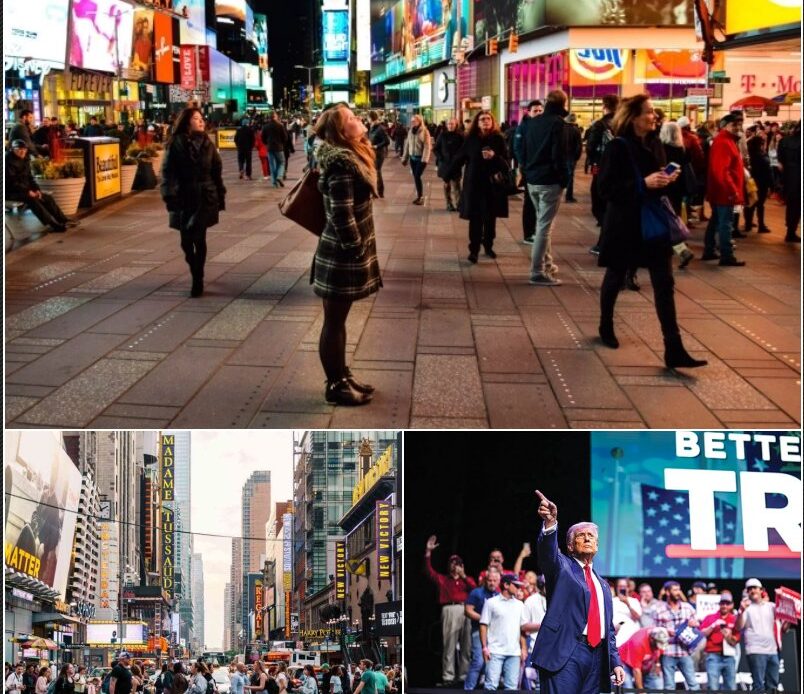The “America First” policy, a central theme in U.S. politics in recent years, has reshaped various aspects of the country’s economic and foreign policies. While it was initially designed to prioritize American interests, one unintended consequence has been a significant decline in international visitor arrivals. Tourists, students, and business travelers alike are facing more hurdles when trying to enter the United States. But why is this happening now, and what are the long-term effects of this shift?
In this article, we will explore the reasons behind the decline in international visitors, its economic impact, and what the future may hold for U.S. tourism and international relations.
## The “America First” Policy: A Brief Overview
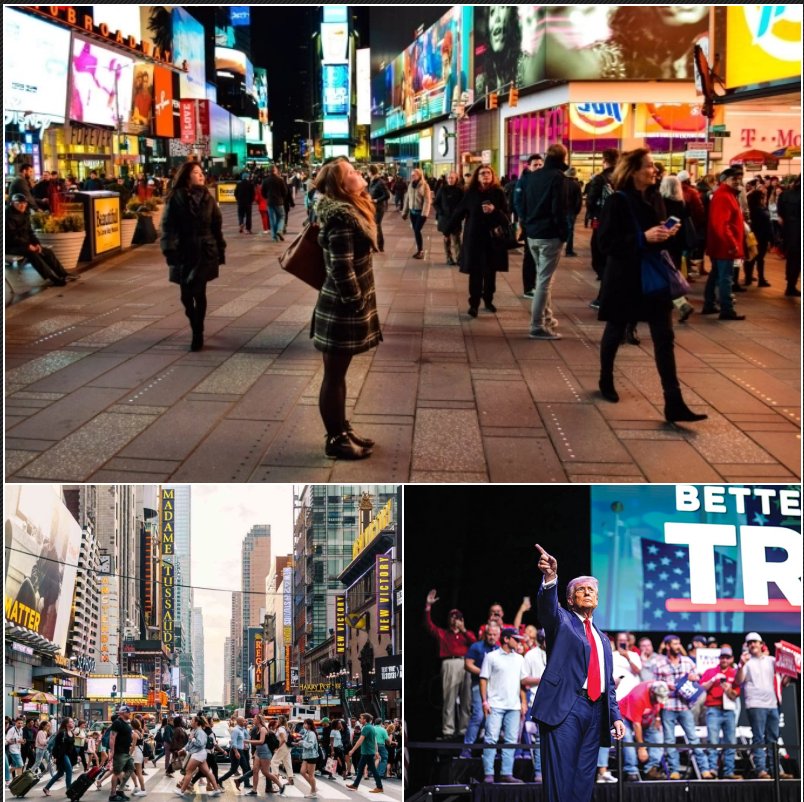
The “America First” policy is rooted in the idea of prioritizing U.S. national interests over global cooperation. This approach has led to stricter immigration laws, increased border security, and more rigorous visa processes. While the policy was initially aimed at boosting domestic industries and protecting American jobs, it has also created an environment that many international travelers find unwelcoming.
### Key Aspects of the “America First” Policy:
– **Stricter Visa Regulations:** New policies have made it harder for visitors to obtain visas, increasing rejection rates and processing times.
– **Tighter Border Security:** Enhanced scrutiny at entry points has led to more delays and travel inconveniences.
– **Trade and Diplomatic Tensions:** U.S. relations with various countries have been affected, indirectly impacting tourism and travel.
– **Nationalist Economic Policies:** The focus on domestic economic growth has sometimes been perceived as isolationist, discouraging foreign investment and tourism.
## A Sudden Decline in International Visitors: What’s Happening?
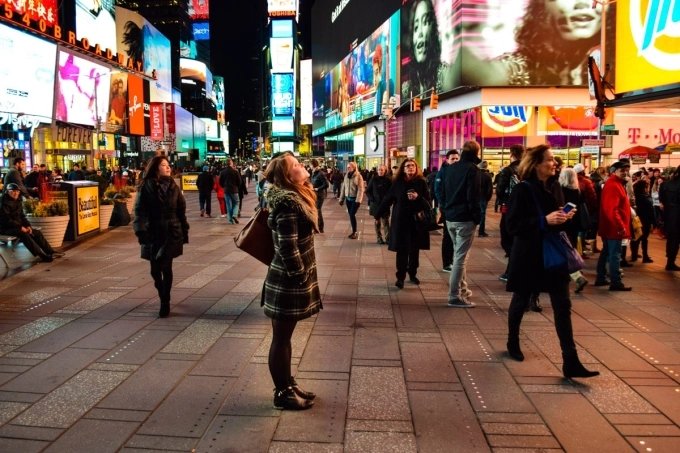
Despite being one of the world’s most visited countries, the U.S. has seen a noticeable decline in international visitor numbers over the past few years. Several factors contribute to this trend:
### 1. **Tougher Visa Requirements**
The visa application process has become more complicated and time-consuming. Increased background checks and more frequent denials have made it harder for international travelers to visit the U.S. Some applicants now wait months—or even years—for approval, leading many to choose alternative destinations.
### 2. **Stronger Border Control and Screening Measures**
Heightened security measures at airports and border crossings have created additional stress for travelers. Reports of lengthy questioning, unexpected deportations, and heightened scrutiny based on nationality have deterred many visitors.
### 3. **Weakened U.S. Image Abroad**
Many international travelers now perceive the U.S. as less welcoming due to political rhetoric emphasizing nationalism and border security. Countries that once had strong travel relations with the U.S. are now seeing their citizens discouraged from visiting.
### 4. **COVID-19 Pandemic Aftermath**
While most countries have eased their pandemic-related travel restrictions, the U.S. was one of the last major economies to lift COVID-related entry bans. This long period of restricted travel led many tourists and business travelers to develop new preferences for other destinations.
### 5. **Rising Costs of Travel to the U.S.**
The overall cost of visiting the U.S. has increased due to inflation, high airfares, and a strong U.S. dollar. When compared to destinations in Europe, Asia, or Latin America, traveling to the U.S. has become more expensive and less appealing for many.
### 6. **Competition from Other Destinations**
Other countries have actively capitalized on the decline in U.S. tourism by offering more attractive travel packages, easier visa policies, and increased international marketing efforts. Countries like Canada, Australia, and European nations have benefited from these shifts.
## The Economic Consequences of Fewer International Visitors
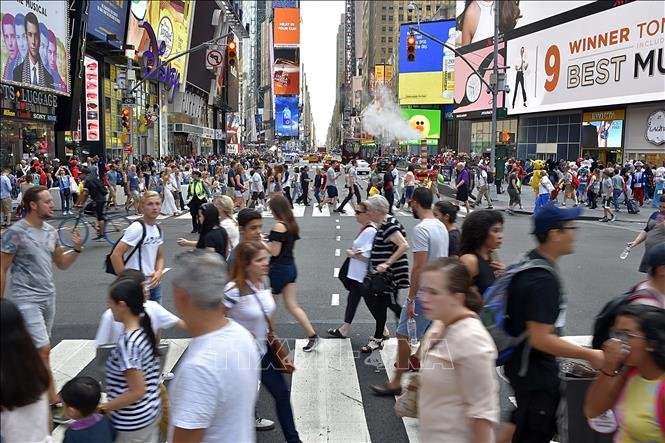
The decline in international travel has serious economic repercussions for the U.S. Tourism is a crucial industry that contributes billions of dollars annually and supports millions of jobs. With fewer foreign visitors, businesses dependent on tourism—such as hotels, restaurants, and entertainment venues—face financial losses.
### Key Economic Impacts:
– **Loss of Revenue:** The U.S. travel and tourism industry has suffered significant losses due to decreased foreign spending.
– **Job Reductions:** Hospitality, transportation, and retail sectors that rely on tourists are experiencing layoffs and slow growth.
– **Reduced Business Travel:** Conferences, trade shows, and international meetings have seen fewer attendees, affecting U.S. businesses that depend on global partnerships.
## How Can the U.S. Rebuild Its Reputation Among International Visitors?
If the U.S. wants to regain its position as a top travel destination, changes must be made to improve the experience for international visitors. Here are some possible solutions:
### 1. **Easing Visa Restrictions**
Making the visa process more accessible and transparent would encourage more visitors to consider the U.S. as a travel option. Implementing fast-track processing for tourists and business travelers could help revive tourism.
### 2. **Improving Travel Infrastructure**
Enhancing airport experiences, reducing wait times at customs, and streamlining entry procedures would make the U.S. more attractive to travelers.
### 3. **Strengthening International Relations**
Better diplomatic relations with other countries could help restore confidence in U.S. travel policies and encourage more visitors.
### 4. **Increasing Tourism Marketing Efforts**
Investing in global marketing campaigns to promote U.S. tourism would help counteract the negative perceptions created by the “America First” policy.
### 5. **Creating More Inclusive Policies**
Shifting away from isolationist rhetoric and embracing a more welcoming approach to international visitors would positively impact tourism numbers.
## Conclusion
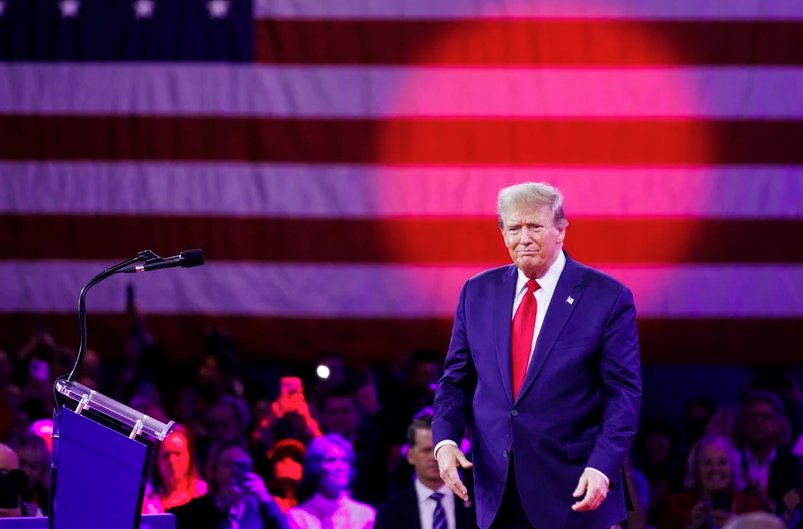
The “America First” policy has led to a decline in international visitors, impacting the U.S. economy and global reputation. While stricter immigration policies and heightened security measures may have been implemented with national interests in mind, they have also created barriers for legitimate travelers who contribute to the U.S. economy.
To reverse this trend, the U.S. must reconsider its approach to travel policies, improve its global image, and implement measures that encourage tourism while maintaining national security. Otherwise, the shift in international travel preferences may become a long-term challenge for the U.S. tourism industry.
